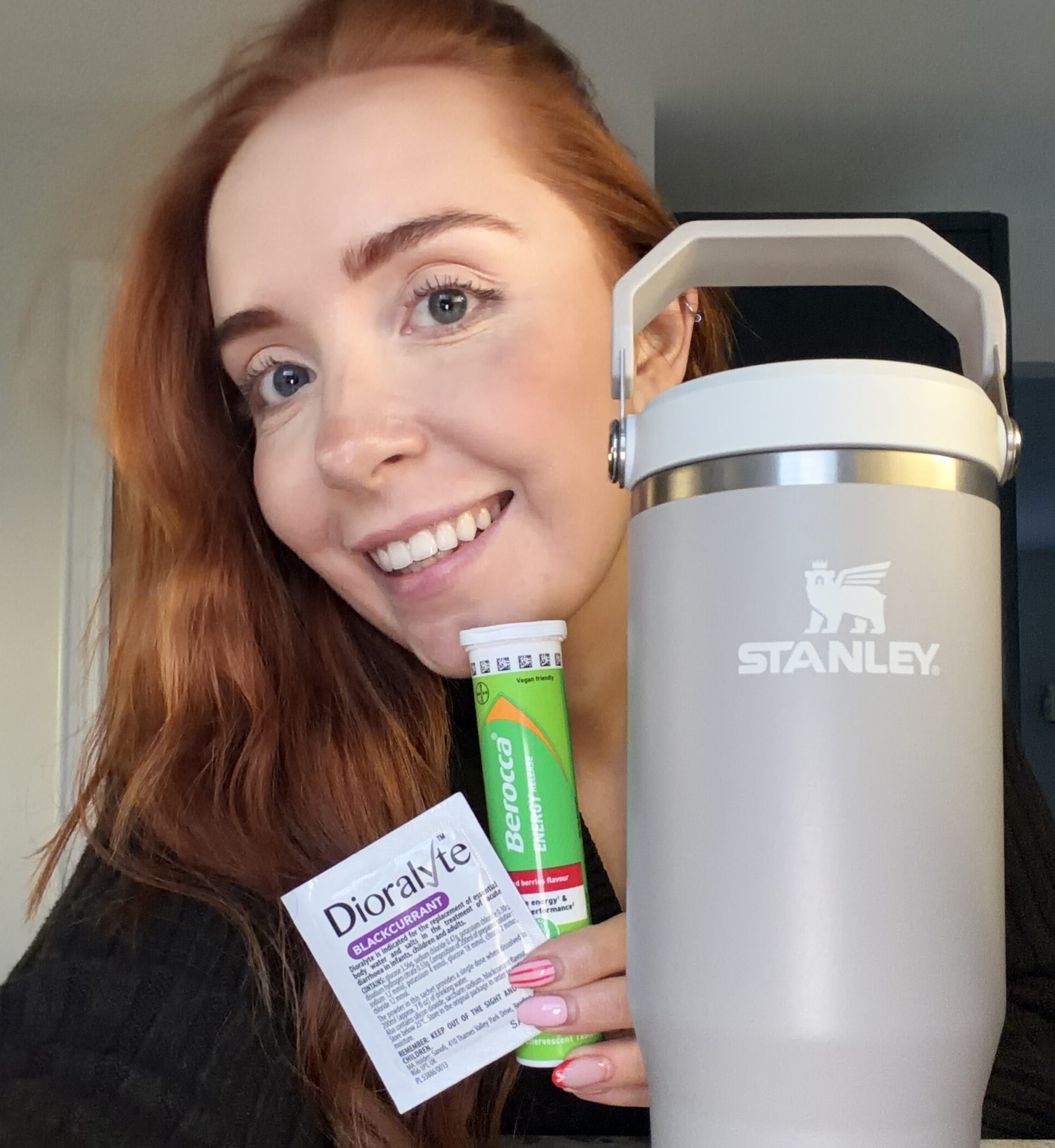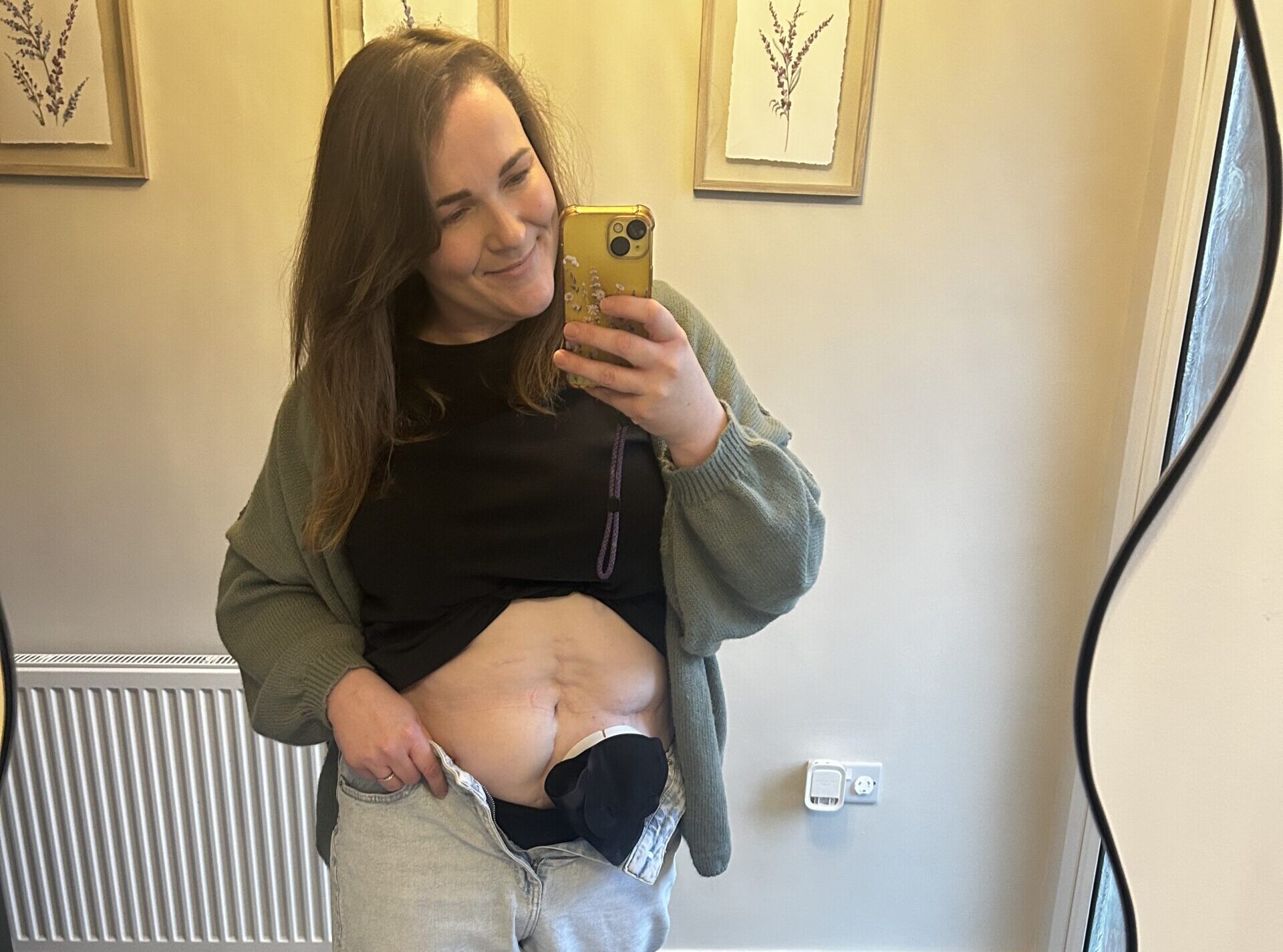
What to expect after stoma surgery | by Rachel
There are lots of helpful articles and blogs available for what to expect post-stoma surgery. Everyones story is different. Here I share some of the ones that were most applicable to my recovery:
Mental health challenges
When your body goes through such a life-altering event, there may very well be a period of grieving for the way your body once was. Spending years, if not decades, with a body that functions in a particular way, only for it to change in the space of a few hours, is a shock to the system. It can be even more difficult if you weren’t expecting it, or if you don’t understand what a stoma is.
According to Marie McGrogan and Chris Proctor, in their research titled ‘Survivor to Thriver: Identifying and Overcoming the Psychological Effects of a Stoma,’ it is noted that:
“While it appears inevitable that ostomates will experience a decline in psychological well-being, several factors can significantly increase this likelihood. For example, it has recently been shown that, among UK ostomates, self-reported quality of life is directly correlated with several factors, including how quickly the individual can return to normal daily activities and how often they experience leakage from their pouch system.“
The takeaway from this is that the sooner you are able to return to the activities you did pre-surgery and find the correct stoma bag for you, the easier it should be mentally as a result.
Diet and exercise adjustments
Your stoma care nurse will advise you on how to start exercising again and when. Typically, the standard advice is around 6 weeks. This can vary between patients according to the success of the surgery and any other health needs that may arise. Regarding diet, soft, easily digestible food is advised to start with. A food diary is an excellent way to keep track of your intake, helping to identify anything that may have caused leaks or tummy issues. I would strongly recommend doing this for your recovery as a whole, which will make it easier when attending follow-up appointments to share with your medical team how you have been and to identify any problems, if there have been any.
A new product released by Dawn Blackmore, named ‘The Ostomate Journal,’ was created for patients to do just that. Dedicated to her patients, it includes a daily meal plan and a symptoms log split between the first six weeks following surgery and the three months thereafter. It’s very handy to take along to appointments! Click here to check out the website and other handy resources.
Wind pain
Not everyone experiences this, but it can be common. When undergoing surgery, the bowels are manipulated, which can result in more gas than usual being produced. For me, I experienced this as pain in my lower back that shot up into my neck. It was incredibly painful and not what I wanted or anticipated before surgery. Pain relief, peppermint tea, and a heat pad were all suggestions I tried at the time. It did pass after a few days. This was my experience alone, and it doesn’t mean you will have the same. Still, I think it is important to share.
Sex and intimacy
When you feel ready to be intimate again, it may take a while to adjust to being the new version of you. Your body will look different, you may be exploring a new way of wearing underwear, and you and your partner may struggle to have an open conversation about what intimacy may look like. There may be worries and concerns from both sides. In this situation, communication is essential. Your partner may be worried they might hurt you or make you feel uncomfortable. Practically, they may be looking for guidance on what positions will make you feel most secure and comfortable. If you are struggling to start that conversation, perhaps writing each other a letter and exchanging it may feel easier than talking about it. Some people may be more comfortable than others discussing the subject, even if they are in a relationship. Your stoma nurse can also guide you with this, and you should be asked about it during your appointment post-surgery.
As with all my blogs, this is my experience alone. Please take medical advice where appropriate from your stoma care team. Each of these topics may be more significant to some of you than others. For more support on these and other topics, be sure to explore the rest of the blogs on eakinostomy.com!






